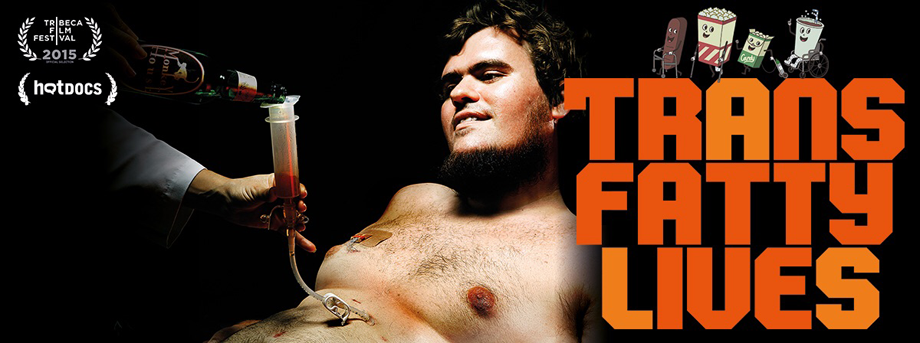Documentary on Patient’s Battle With ALS to Premiere at Tribeca Film Festival, New York City

 The documentary feature film Transfatty Lives focuses on how it is to live with amyotrophic lateral sclerosis (ALS). The film’s world premiere will be launched at this year’s Tribeca Film Festival in New York City. The film by Patrick O’Brien, who is both the filmmaker and main subject of the documentary due to his own battle with ALS, is expected to increase public knowledge, understanding and awareness on the debilitating chronic disease.
The documentary feature film Transfatty Lives focuses on how it is to live with amyotrophic lateral sclerosis (ALS). The film’s world premiere will be launched at this year’s Tribeca Film Festival in New York City. The film by Patrick O’Brien, who is both the filmmaker and main subject of the documentary due to his own battle with ALS, is expected to increase public knowledge, understanding and awareness on the debilitating chronic disease.
Transfatty Lives took O’Brien ten years to complete, during which he filmed himself and his struggle with the disease. The film is an unconventional motion picture on living with ALS and choosing to make something special and unique out of the disease. The film is comprised mainly of a distinct visual style, without talking heads or long interviews, in order to provide viewers with an unapologetic panoramic view of ALS survival.
“I was officially diagnosed with Amyotrophic Lateral Sclerosis (also known as ALS or Lou Gehrig’s disease), a terminal disease that results in the progressive degeneration of the nerves and muscles that are responsible for voluntary movement, including breathing,” said Patrick O’Brien, according to a press release. “It is a fatal and incurable disease. I was 30 years old. I have chosen to do something with my illness.”
“As you will see, I turned the cameras on myself and began to document my journey with ALS on 35mm motion picture film. This challenge has given me a focal point for my energies, and will hopefully inspire others to keep moving through their own adversities,” added the Filmmaker, who is characterized by his dark humor and unconventional blog.
Since ALS causes severe mobility problems, leaving patients with just their mental capacities, O’Brien has lost his communication capacities and now uses a speech synthesis program from Acapela Group, called my-own-voice. “At Acapela, we are very proud of our contribution with helping Patrick communicate,” stated the CEO of Acapela Group, Lars-Erik Larsson.
“He picked Will, a synthetic voice from Acapela, to voice his thoughts and to share his journey with us. Speech synthesis has allowed individuals to continue communicating for decades. Over the last few months, a major innovation has enabled people diagnosed with ALS to record their voice in order to capture this essential part of everyone’s identity before losing it,” added Larsso.
My-own-voice was also recently presented at the Annual International Technology and Persons with Disabilities Conference (CSUN). The Acapela Group hosted a lecture about the process March 5, after successfully using it on 10 patients, only few months after being launched. The breakthrough service offers patients who suffer from ALS, aphasia, dysarthria or apraxia and have speech or language disorders the opportunity to record their voice before they lose it.






